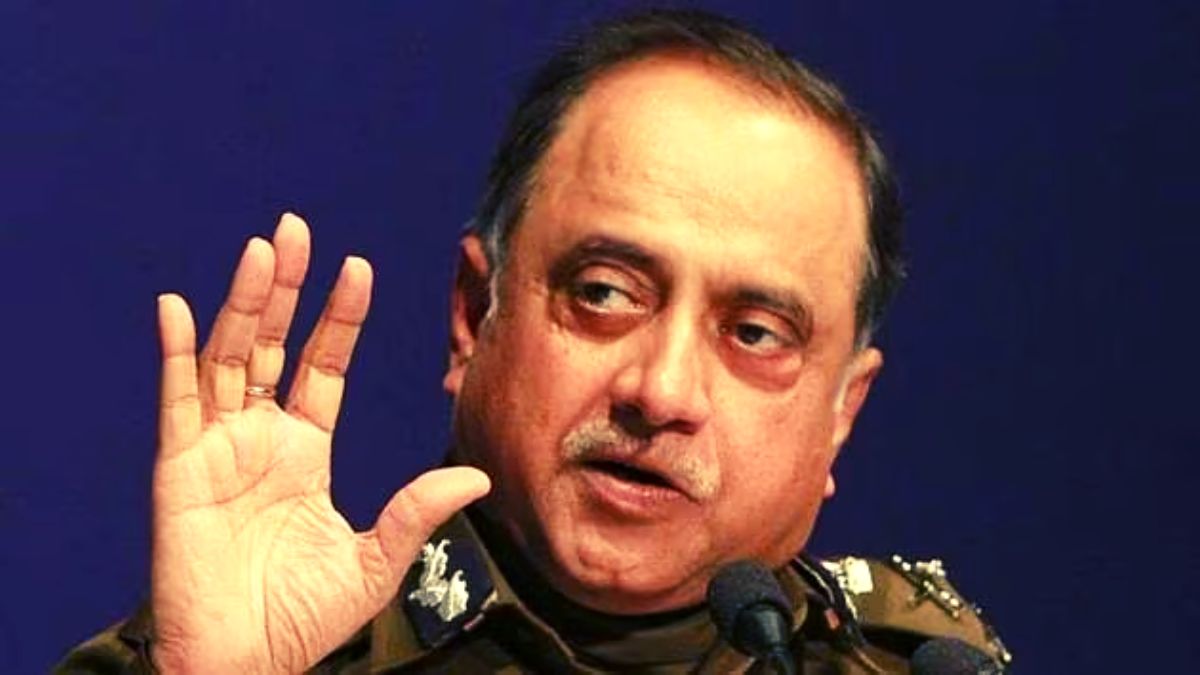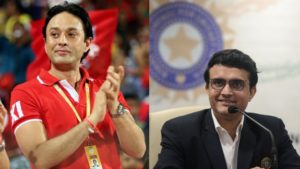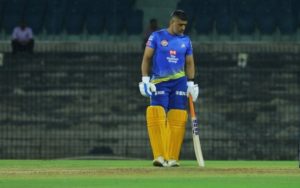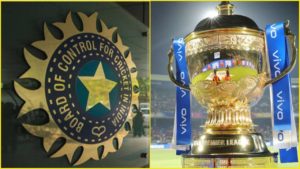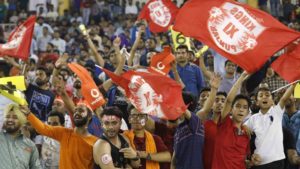Neeraj Kumar, a former IPS officer who became the head of the BCCI’s Anti-Corruption Unit (ACU) in 2015, claims that during his time there, he came to the realisation that fixing is only the proverbial “little fraction of the large-scale chicanery that cricket administrators engage in.” In “A Cop in Cricket,” which was released by Juggernaut Books, Kumar describes his personal struggles while serving as the ACU chief at the BCCI from June 1, 2015, to May 31, 2018. He also provides a “witness statement of the three crucial years of the national cricket body caught in the throes of change.”
According to Kumar, he tried to provide readers of his book “an outline of the malpractices that take place in the name of cricket in our country” in his book.
Ex-BCCI anti-corruption unit chief said that he realised fixing is the proverbial tip of the iceberg of corruption in cricket and a "minuscule percentage of the large-scale chicanery that cricket administrators indulge in" #BCCI https://t.co/mZrq8HoxJN
— CricketNDTV (@CricketNDTV) February 19, 2023
He also claims to be able to write about the “agents of change” chosen by the Supreme Court to clean up the Augean stables that is the BCCI since he watched the events that occurred in the BCCI following the Supreme Court interventions following the Mudgal Committee and Lodha Committee reports.
A walk through the corridors of history!
Exploring the rich legacy of India’s Prime Ministers, who rebuilt the nation post Independence. #TeamIndia had an immersive experience at the fascinating @PMSangrahalaya, which celebrates and showcases the journey of India. @PMOIndia pic.twitter.com/bcFICzXQOJ
— BCCI (@BCCI) February 19, 2023
“I came to understand during my three years at the BCCI that fixing was only the top of a much larger iceberg of cricket corruption. Fixing actually makes up a very small portion of the widespread cheating that cricket administrators engage in “He composes.
“The IPL has helped cricket in India generate large income, which are distributed to state cricket bodies, where the money is typically plundered. A case in point is the 2015 Central Bureau of Investigation (CBI) investigation against the top officials of the Jammu & Kashmir Cricket Association (JKCA) for embezzling millions of rupees that were granted to them by the BCCI “Kumar asserts.
He continues by claiming that many “unpleasant things also happen at the grassroots level” while choosing teams. The selection, the prospective cricketer, or his family, “stay in control of those events.” He claims that during his time at the BCCI, his section was required to investigate a number of these accusations, some of which involved teenage cricketers being asked for sexual favours.
“Players and their guardians frequently approached us, alleging that coaches or officials had duped them out of lakhs of rupees by promising them a spot in an IPL or Ranji team and then vanishing, leaving them high and dry,” says Kumar.
In the book, Kumar also makes reference to the relationship between then-BCCI CEO Rahul Johri and Vinod Rai, the head of the Committee of Administrators (CoA) of the BCCI who was appointed by the Supreme Court to take over the organization’s governance in 2017. According to Kumar, the “father didn’t wish to hear anything against his prodigal son” in this relationship.
Kumar asserts that he alerted Rai about a number of Johri-related issues.
“He always listened to me patiently and gave me the impression that he was on my side and would punish Rahul Johri appropriately. But I saw that he did nothing like that “He composes.

